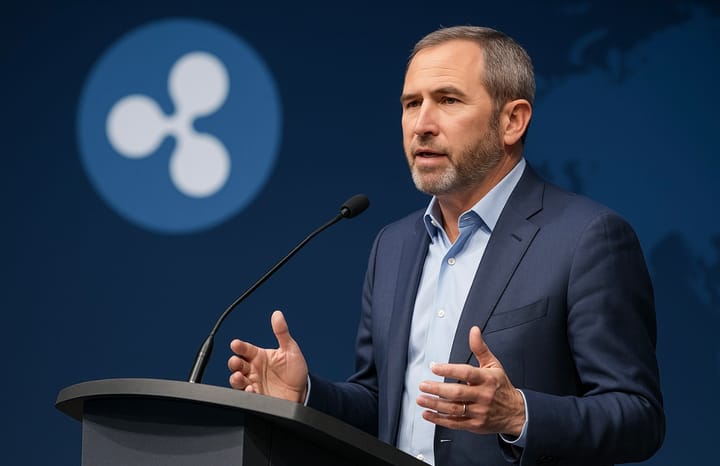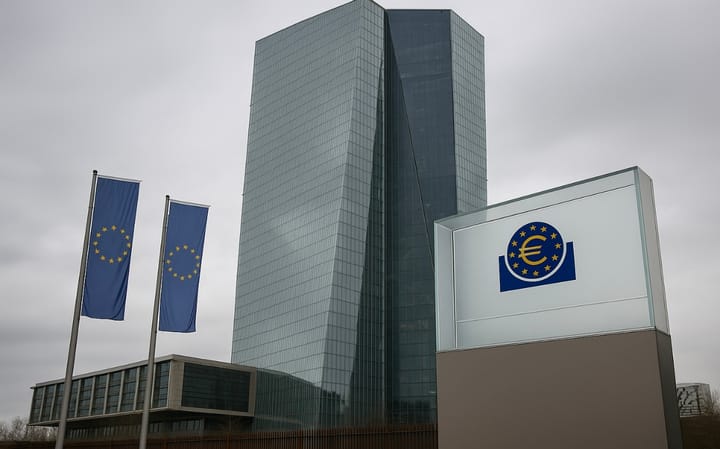Startup Success: CEOs Who Stay Win Big
Recent studies reveal major startups thrive when their CEOs stay, not step down consistency drives global growth and innovation.

The success stories of global startups like Google, Amazon, Meta, and Stripe highlight one crucial fact: CEOs who stay at the helm make a significant difference to company growth and stability. This trend is clear across the international startup landscape, where leadership consistency is a foundation for both innovation and investor trust.
Most unicorn startups choose to retain their founder-CEOs, even through IPO and major funding milestones. According to CB Insights' 2024 report, among the world’s top 100 most valuable startups, 83 are still led by their founders at least up to Series D funding or initial public offering. Names like Jeff Bezos at Amazon, Mark Zuckerberg at Meta, Larry Page at Google, and Patrick Collison at Stripe are living proof that founder-CEOs can lead companies from their garage days to global scale without handing over the reins.
Stable Leadership Drives Innovation
Harvard Business Review highlights that founder-CEOs provide consistent strategic direction and the courage to drive innovation. This stability reduces internal volatility and helps build a strong company culture. A 2021 study in the Strategic Management Journal confirms that startups with founder-CEOs who stay more than five years enjoy survival rates 30% higher than those with early CEO turnover.
At Google, Larry Page’s leadership during the company’s critical growth phase enabled bold acquisitions and strategic product diversification. Similarly, Patrick Collison at Stripe remains the central force behind the company’s expansion into global digital payments.
CEO Relationships with Investors and Teams
Research from McKinsey & Company confirms that close relationships between founder-CEOs and investors are vital for smooth fundraising and reduced management upheaval. Crunchbase data (2024) shows startups with founder-CEOs benefit from faster fundraising and market expansion, as seen with ByteDance in Asia and SpaceX in the United States.
Consistent CEOs also build strong second-line management teams. Brian Chesky’s approach at Airbnb, for instance, has helped create a new leadership layer without losing sight of the original vision.
What Makes CEOs Stay?
Multiple academic studies point to several factors that keep CEOs in place: strong adaptability, willingness to learn from the market, and transparent governance. The Journal of Business Venturing (2022) finds founder-CEOs are more capable of pivoting business models rapidly during market shifts, thanks to their deep understanding of the company’s DNA.
Forbes (2023) adds that a solid team foundation and open communication with investors are key reasons founders retain leadership, even under external pressures.
Global Unicorn Startup Case Studies
Case studies from Stripe, ByteDance, SpaceX, and Grab demonstrate the power of founder-CEOs in driving global growth and expansion. Patrick Collison grew Stripe into a fintech giant. Zhang Yiming took ByteDance international with TikTok. Elon Musk steered SpaceX through technological and regulatory challenges to commercial success. Anthony Tan turned Grab into a Southeast Asian market leader.
CB Insights Unicorn List 2024 documents that startups with founder-CEOs are more resilient to market shocks and have stronger innovation records than peers with frequent leadership changes.
When and Why Do CEOs Step Down?
Nevertheless, some cases see CEOs stepping down due to investor pressure, internal conflict, or governance issues. Examples like Travis Kalanick at Uber and Adam Neumann at WeWork show founders sometimes relinquish control amid complex dynamics. Still, most top startups choose to keep their CEOs to safeguard long-term vision and business execution.
Global data and trends indicate that the sustained success of the world’s leading startups is closely linked to the resilience and consistency of founder-CEOs. Their enduring leadership adds value through innovation, market trust, and business longevity—serving as the heart of company culture and strategy in an era of global disruption.





Comments ()